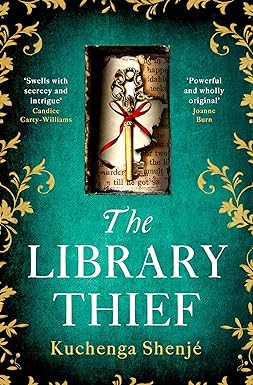This British debut featured in my round-up of what I was looking forward to in 2024. I thought it might be a perfect beach read and having now finished it I think I was on the right track but I do have reservations.
It is set in Hollywood in the early 1950s- a time when the studio system is still exerting an influence but the Golden Age is drawing to a close with television infringing on the movie world’s domination. Main characters are fictional but real names associated with this time including gossip columnist Hedda Hopper and such stars as Lauren Bacall, Danny Kaye, Liz Taylor, Doris Day etc. hover around in the background, with one, silent star Louise Brooks featuring in a cautionary cameo of how the studio discarded those they felt no longer fit the bill.
Into this and from the British seaside town of Morecambe comes Margaret who soon restyles herself as Loretta Darling and aims to succeed in the world of film make-up. This isn’t a bad idea on the author’s part as this role gets to see a different, more vulnerable side to the acting talent. In this male-dominated world the bully boys seem to hang around the longest and events following a fateful wedding lead Loretta onto a plan of revenge.
The theme of exploitation in the entertainment industry is still very relevant and there’s a definite aspect of the author wanting to redress the balance but when it comes down to it there’s not a lot of difference from her depiction of this world to earlier and perhaps less nobly motivated novels such as “Valley Of The Dolls” by Jacqueline Sussan (1966) and some of the work of Jackie and Joan Collins springs to mind. The trashiness is still there amongst the glamour and that’s why I’d recommend it as a holiday read. I think I was expecting something a little more literary, a little spikier and with characters I could care more about but it reads well. I’m not sure how great a commercial prospect it is in that I’m not sure who it will appeal to but probably by just saying that I’ve ensured it will be the runaway hit of the summer. I’m not totally convinced by it. There’s a couple of minor characters who seem to have their more resonant story to tell, which could be something the author could explore in the future. I didn’t dislike it by any means but it felt underdeveloped and flat which is a shame giving the potential of its setting.
Calling the main character “Unforgettable” in the title seems a little risky, the author would really need to ensure that this was the case otherwise there is an inevitability to the comments critics will make.
The Unforgettable Loretta Darling is published in hardback by Viking Books on June 20th 2024 (E-book is available from 18th June) . Many thanks to the publishers and Netgalley for the advance review copy.
















